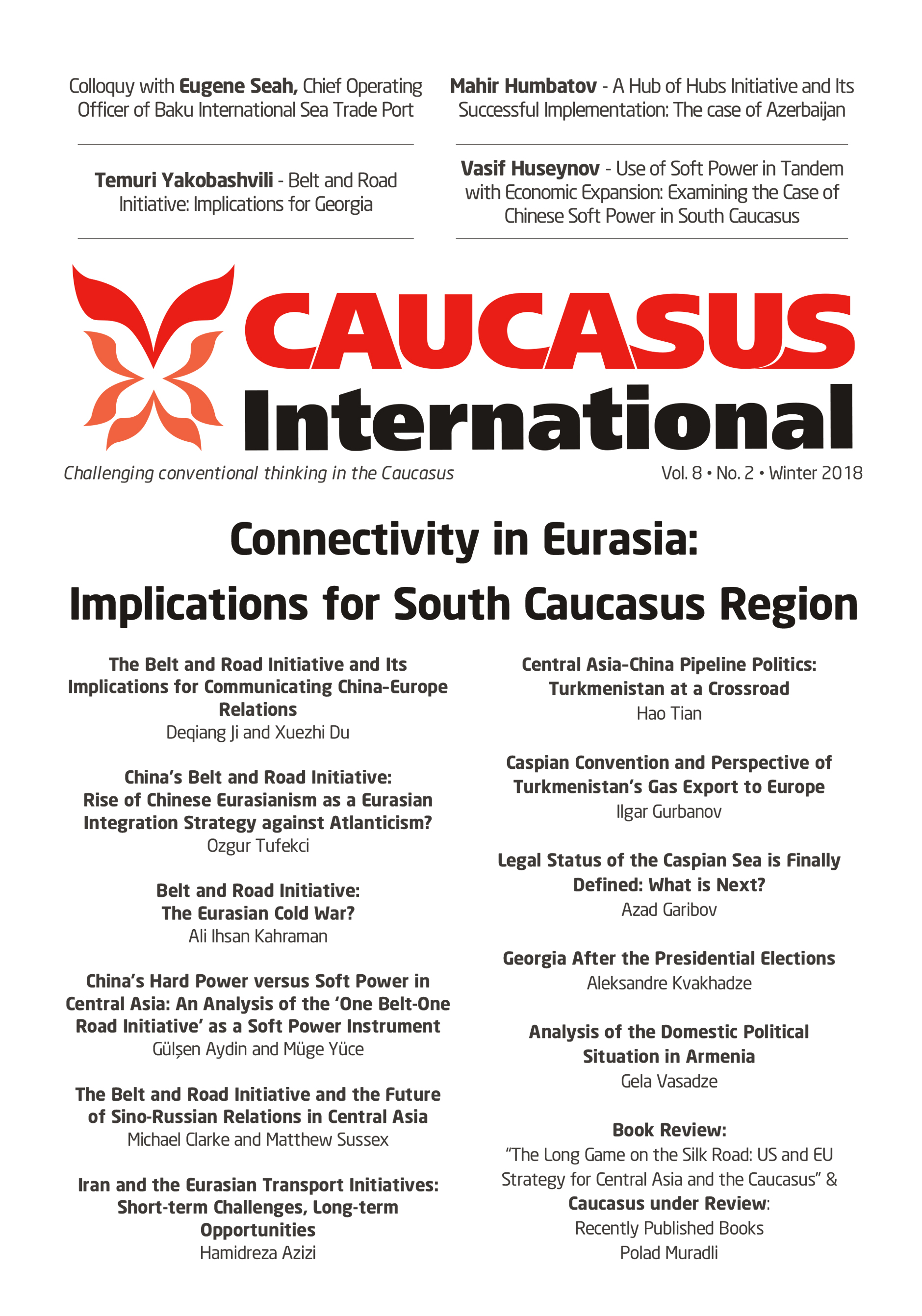The Belt and Road Initiative and the Future of Sino-Russian Relations in Central Asia
Sino-Russian relations in general, and in Central Asia in particular, have been relatively stable since the end of the Cold War due to the convergence of a number of key structural, regional, and domestic factors. These have remained relatively consistent over time, and demonstrate the interplay between “thick” (normative) and “thin” (interests) variables consistent with the concept of an alignment rather than an alliance. However, we argue that Beijing’s “Belt and Road Initiative” (BRI) is likely to bring to the fore the central dilemmas typical of the “alliance game” of international politics – hedging, accommodation, and entrapment – as China’s trans-Eurasian connectivity agenda fundamentally challenges Russian preferences across the strategic, economic, and normative domain of its interests. The article then explores these dilemmas via the discussion of a number of possible future scenarios for SinoRussian relations and their implications for regional order in Central Asia.
Latest news
- 03/17/2020 Call for Submission: “Non-Alignment Movement and Its Perspective in International Affairs”. Deadline: 1 July 2020 2626 views
Popular articles
- 02/24/2020 The Role of Irredentism in Russia’s Foreign Policy 2536 views
- 02/24/2020 Construction of sub-national identity vis-à-vis parent state: Gagauz case in Moldova 2218 views
- 02/24/2020 The Conflict in Ukraine - The Geopolitics of Separatism and Divergent Identities (Commentary) 2073 views
- 02/24/2020 The Role of the Soviet Past in Contemporary Georgia 2044 views





